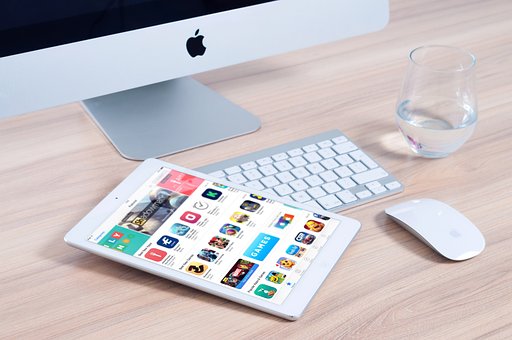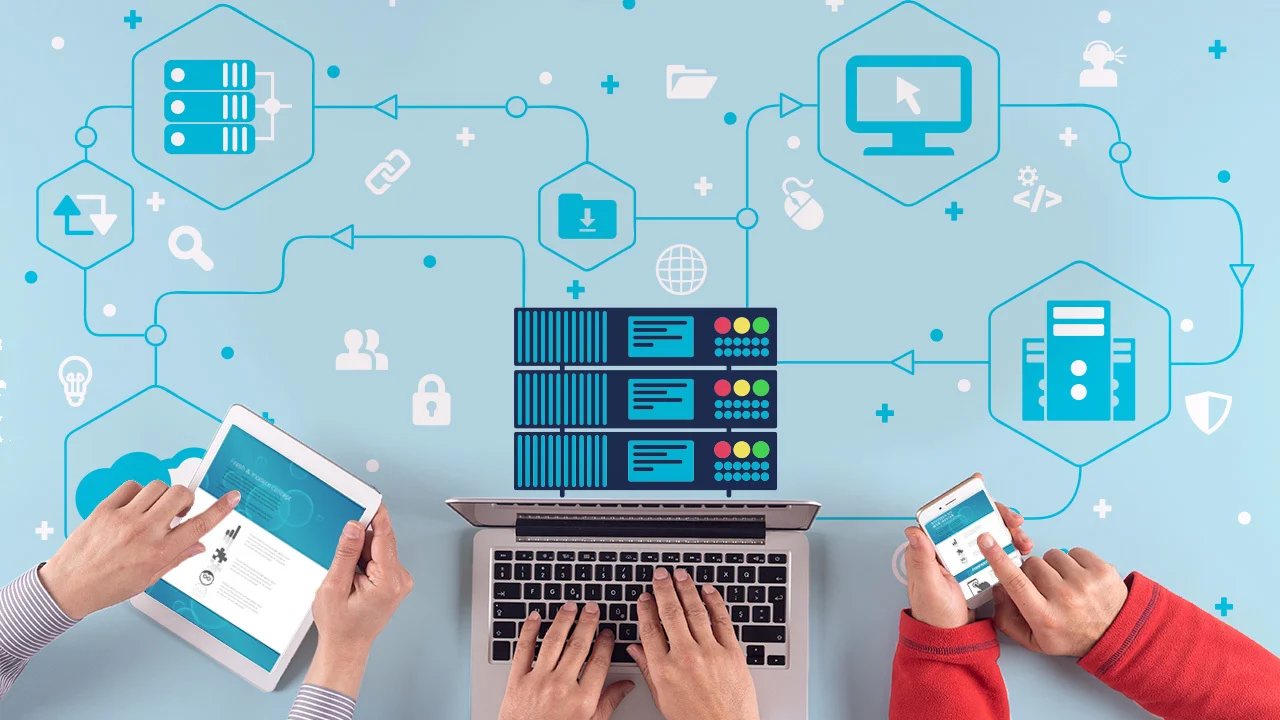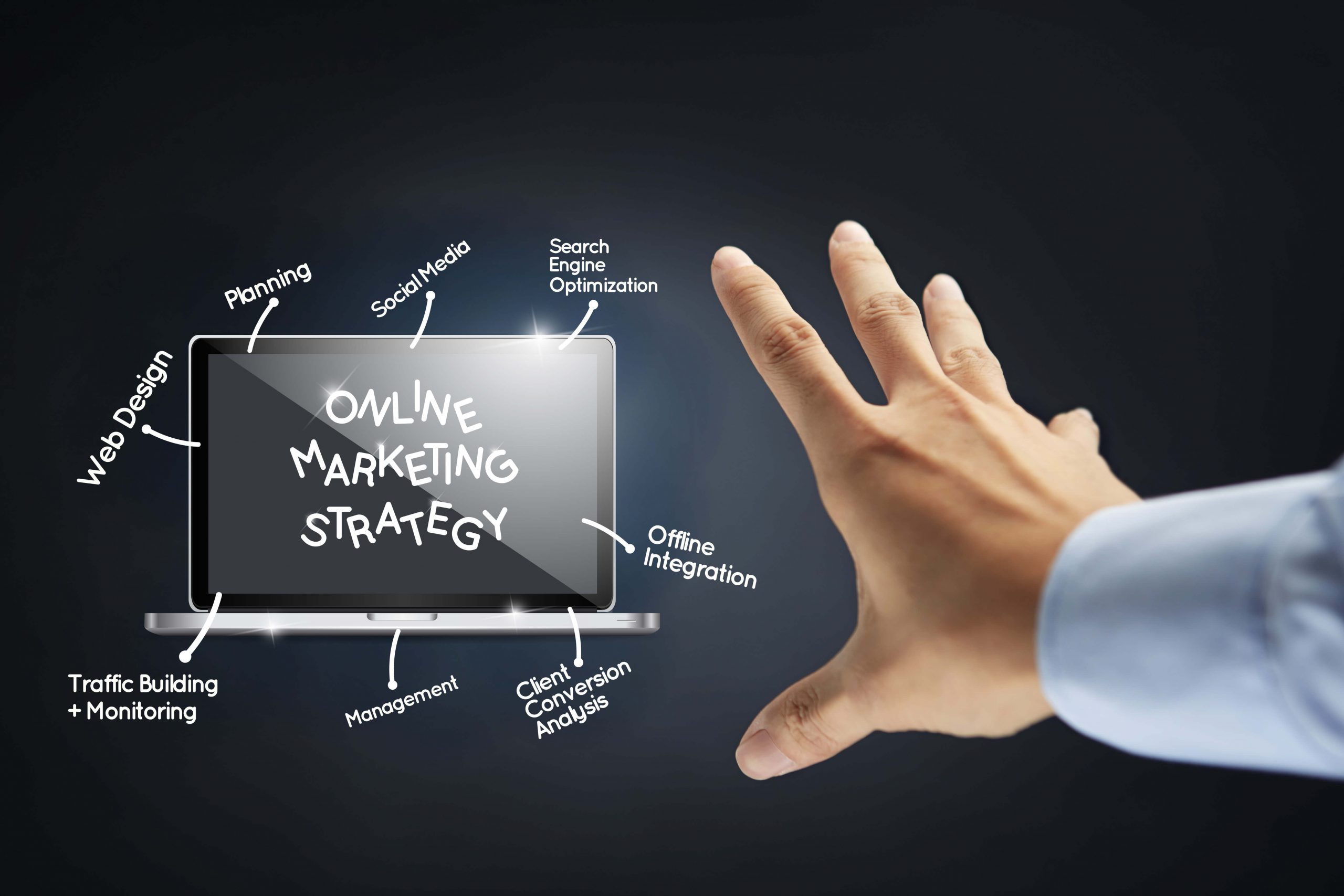Mobile apps have become an essential part of our daily lives, and their importance is only expected to grow in the future. In Plano, Texas, where technology and innovation are highly valued, mobile apps are already transforming the way we live, work, and play. With that in mind, let’s take a look at some of the trends that are likely to shape the future of mobile apps in Plano.
Artificial Intelligence and Machine Learning
Artificial intelligence (AI) and machine learning (ML) have already made significant strides in the world of mobile apps in Plano. AI-powered chatbots and personal assistants, for example, have become commonplace in many apps. In the future, we can expect to see even more apps that use AI and ML to provide personalized experiences, predictive analytics, and automation.
For instance, we might see apps that use facial recognition technology to personalize the user interface or ones that use natural language processing to understand user intent and respond accordingly. These apps can also be used in various industries such as healthcare, finance, and education to provide smart and personalized services.
Internet of Things (IoT) Integration
The Internet of Things (IoT) refers to the interconnectedness of devices and objects that can communicate with each other. This technology has already made an impact in the smart home industry, where devices like smart thermostats and lighting systems can be controlled through mobile apps. In the future, we can expect to see more mobile apps that integrate with IoT devices, especially in industries like healthcare and transportation.
For example, we might see apps that allow patients to monitor their health using wearable devices and receive real-time feedback from doctors. Similarly, we might see apps that allow commuters to access real-time information on public transportation schedules and traffic conditions.
Augmented Reality (AR) and Virtual Reality (VR)
Augmented Reality (AR) and Virtual Reality (VR) are technologies that overlay digital information onto the real world or create entirely immersive digital environments. These technologies are already being used in mobile apps for gaming and entertainment, but their potential goes far beyond that.
In the future, we can expect to see more mobile apps that use AR and VR to enhance experiences in various industries such as real estate, retail, and education. For instance, we might see apps that use AR to provide users with a virtual tour of a property they’re interested in buying, or apps that use VR to create immersive learning experiences for students.
Mobile Payment Solutions
Mobile payment solutions have been around for a while, but they’re expected to become even more prevalent in the future. With the rise of contactless payment methods, more and more consumers are turning to mobile payment solutions as a convenient and secure way to make transactions.
In the future, we can expect to see more mobile apps that integrate mobile payment solutions, especially in industries like retail and hospitality. For example, we might see apps that allow users to order and pay for food at restaurants, or ones that allow users to make mobile payments at gas stations and convenience stores.
Wearable Device Integration
Wearable devices like smartwatches and fitness trackers are already popular among consumers, and their integration with mobile apps is expected to increase in the future. By integrating with wearable devices, mobile apps can provide users with even more personalized experiences and real-time data.
For instance, we might see fitness apps that track data from wearable devices to provide users with personalized workout plans and nutrition recommendations. Similarly, we might see productivity apps that use data from wearable devices to help users manage their time more efficiently.
Voice-Activated Apps
With the increasing popularity of voice-activated assistants like Siri and Alexa, we can expect to see more mobile apps that allow users to interact with them using voice commands. This can be especially useful for hands-free interactions while driving or for people with disabilities.
Blockchain Integration
Blockchain is a distributed ledger technology that enables secure and transparent transactions. In the future, we can expect to see more mobile apps in Plano integrating blockchain technology for secure and transparent payments, as well as other applications such as identity verification and supply chain management.
On-Demand Apps
On-demand apps, such as Uber and Postmates, have revolutionized the way we access goods and services. In the future, we can expect to see more on-demand apps in Plano, offering everything from food delivery to house cleaning services.
However, with these advancements come challenges as well. The increasing reliance on mobile apps and technology in general raises concerns about data privacy and security. It’s important for app developers to prioritize the protection of user data and ensure that their apps are secure.
Moreover, accessibility should also be a key consideration. As mobile apps in Plano become more advanced and complex, it’s essential to ensure that they’re accessible to all users, including those with disabilities or who may not have access to the latest technology.
Additionally, the increasing adoption of mobile apps in Plano will also have an impact on the job market. As more businesses and industries integrate mobile apps into their operations, there will be a growing demand for skilled app developers, designers, and technicians. This presents an opportunity for Plano residents to develop skills and pursue careers in the tech industry.
Furthermore, the future of mobile apps also presents an opportunity for businesses to enhance their operations and improve customer experiences. For instance, businesses can use mobile apps to offer personalized services, streamline processes, and increase customer engagement. This can lead to increased customer loyalty and higher revenue.
However, to fully realize the potential of mobile apps, businesses must also invest in the necessary infrastructure and training to ensure that they’re able to leverage these technologies effectively.
In conclusion, the future of mobile apps is a promising one, but it also comes with challenges and opportunities. As technology continues to evolve, mobile apps will continue to play an increasingly important role in our lives, transforming the way we work, interact, and live. It’s important for individuals, businesses, and app developers to stay up-to-date with the latest trends and challenges and work together to create a more connected and accessible future.




